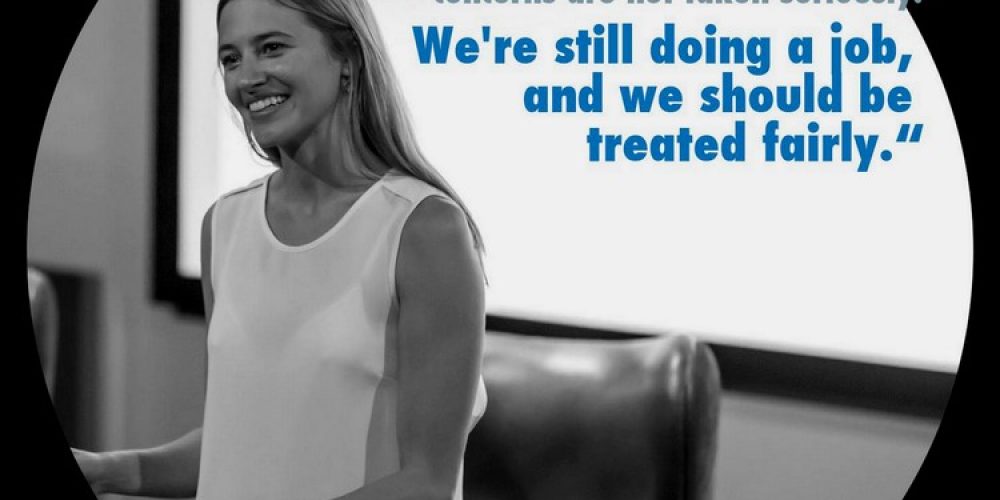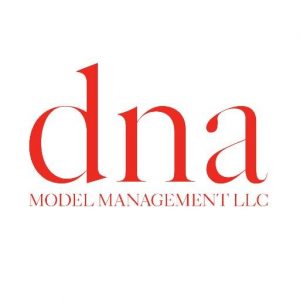“We’re working in an industry that is perceived as frivolous, and so our concerns are not taken seriously,” argues Ziff. “But we’re still doing a job, and we should be treated fairly, just like anyone else who works for a living. So we shouldn’t have to endure sexual abuse.”
We don’t know just how many U.S. workers today are classified as independent contractors, or just how many ostensibly non-employment arrangements would stand up as such under scrutiny. (The federal Department of Labor, which commissioned a 2000 study suggesting that between 10 and 30 percent of employers misclassify employees, is reportedly working on a new one.) But progressives point to a range of industries in which contracting has become increasingly prevalent. The National Employment Law Project’s Catherine Ruckelshaus ticks off a series: janitorial; home healthcare; drywall; restaurants. “They’re not really running their own, independent, economically self-sufficient business,” argued Ruckelshaus; in some cases, “it’s just one worker,” cleaning “a floor, or a restaurant, or a building. But they’re being called independent contractors.”
GOOD READS: SALON ON INDEPENDENT CONTRACTORS — TRUCK DRIVERS, JANITORIAL STAFF, AND MODELS

Model Safety
03.06.2023
Internet modeling by its very nature is much less safe than mainstream. Many of the clients whether for paid or TFP shoots) are not professi

CHRISSY TEIGEN, THE COMMERCIAL SUCCESS STORY
04.06.2022
With a majorly popular (and sometimes controversial) twitter presence, Sports Illustrated model Chrissy Teigen is having a moment. Cosmopoli




